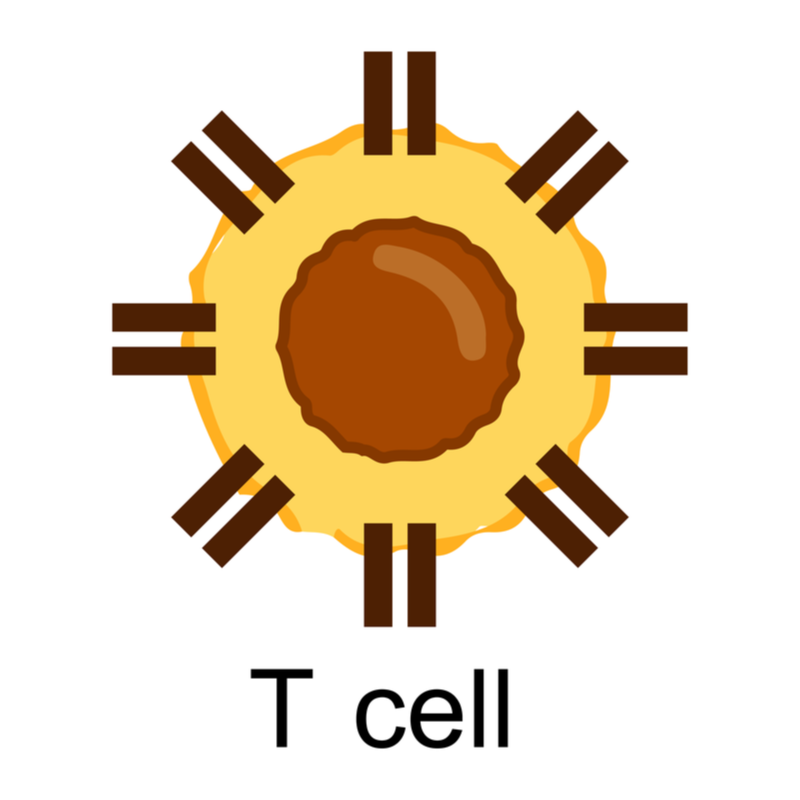Impaired T-cell and antibody responses after COVID-19 infection in transplant recipients
In transplant recipients on chronic immunosuppression, COVID-19 infection is associated with impaired T-cell and antibody responses to the spike protein of the COVID-19 coronavirus. The study was reported in BioRxiv on May 4, 2021, and is not peer-reviewed.
Details can be accessed here.
Investigators from Washington DC, Charleston SC, Edinburg TX, and Pittsburgh PA, collaborated in this study. Samples were tested at Plexision in Pittsburgh, PA., which has developed the test for T-cell immunity to COVID-19.
The study evaluated samples from 74 liver or kidney transplant recipients of whom 32 had a recent diagnosis of COVID-19 infection. Samples were also evaluated from 130 subjects without transplants, of whom 71 had been recently diagnosed with COVID-19. Samples from healthy unexposed transplant patients were obtained pre-pandemic in 2019 or earlier. Samples from COVID-19 patients were obtained at an average of 12 days after diagnosis.
T-cell immunity to the spike protein was measured by the frequency of T-cells which expressed an inflammatory marker, CD154 or CD40 ligand, after stimulation of blood white cells from study subjects with peptides representing the spike protein. Antibodies to the spike protein and its receptor-binding domain (RBD) which has a unique sequence in the SARS-CoV-2 virus, were also measured.
|
Study Results: Compared with transplant recipients who had never experienced COVID-19 infection, those with this infection were found to have:
|
Three other findings from this study bear mention:
- T-cell immunity was found in pre-pandemic samples from transplant patients without COVID-19, likely due to prior contact with human coronaviruses which cause a flu-like illness. This type of pre-existing immunity has been observed in healthy unexposed individuals.
- Among non-transplant subjects with COVID-19, only severely ill patients were found to have impaired T-cell immunity. T-cell immunity was not affected as much in less severe illness.
- The decline in T-cell immunity was related to an increase in myeloid-derived suppressor cells or MDSC in the blood circulation. MDSC can suppress T-cells and are found in the circulation during other types of infection.
This study offers a practical approach to measuring T-cell immunity to the COVID-19 coronavirus. T-cells reactive to the spike protein can help to assess immunity in those individuals who do not make antibodies after COVID-19 vaccination or natural COVID-19 infection.
About Plexision’s PlexCOVID-19 blood test to measure T-cell immunity to SARS-CoV-2:
-
is a lab-developed blood test that measures T-cell-mediated immunity to the SARS-CoV-2 spike protein. This test was used to measure T-cell immunity to the spike protein in the abovementioned study
-
The test is performed at Plexision’s reference laboratory is CLIA-approved and cGMP-compliant.
-
Some caregivers have used this test to measure T-cell immunity to COVID-19 infection in patients who have not made antibodies after COVID-19 vaccination.
-
The test predicts the likelihood of COVID-19 infection requiring hospitalization, whether increased or decreased.


